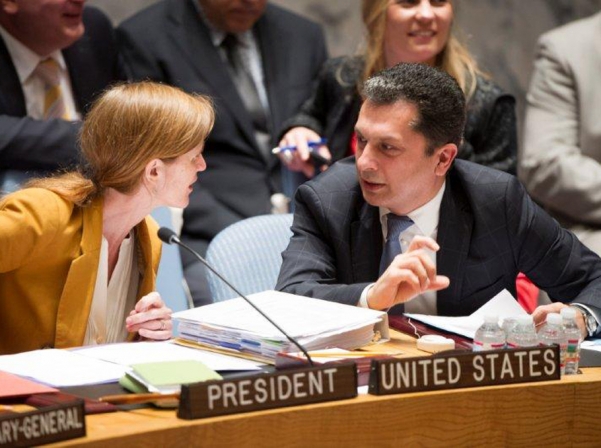Washington, DC — Today, Rep. Adam Schiff (D-CA) released the following statement after the Supreme Court declined to hear arguments in Movsesian v. Versicherung AG:
“The Supreme Court’s decision to decline to hear arguments in Movsesian v. Versicherung AG is deeply disappointing, both because of the urgent need to secure justice for the victims of the Armenian Genocide and their survivors, and the important constitutional issues at stake. As a State Senator, I was a principal cosponsor of the bill which extended the statute of limitations on such claims, and I feel a compelling personal interest in maintaining access to justice for victims of genocide.
“Prior to the court’s recent decision, I drafted legislation to make it clear that it is the policy of the United States to assist the victims of genocide, whether the Armenian genocide or any other atrocity, in pursuing claims for redress. The federal government should be encouraging states to provide a venue for the victims of genocide, not impeding legal claims. With today’s decision, such legislation is all the more essential and I will be working with the community to put the final touches on the bill prior to its introduction.”
Arzoumanian and other plaintiffs including Garo Ayaltin, Miran Khagerian and Ara Khajerian brought claims against Munich-Re for unpaid insurance claims arising out of the Armenian Genocide of 1915.
The lawsuit was first filed by attorney Vartkes Yeghiayan in 2003 and moved through various levels of the appeals process reaching the highest court of law, the US Supreme Court.
The lower court interpreted the California law that allows heirs of genocide survivors to file suit against insurance companies and other entities as an intrusion upon the federal government’s right to conduct foreign relations. The 9th Circuit Court questioned the motives of the California legislature and issued its ruling on the basis of it being preempted by the rights conferred upon the federal government. Petitioners Igor Timofeyev, Lee Boyd, Michael Bazyler, Rajika Shah and Vartkes Yeghiayan were arguing that the issue at hand was one of State powers and that this decision was a clear over-reach of the Federal government upon the State legislature.










